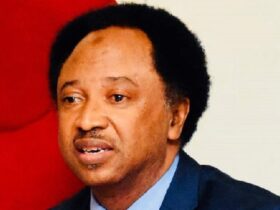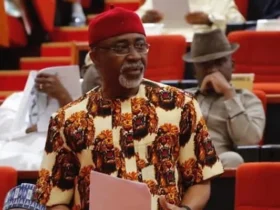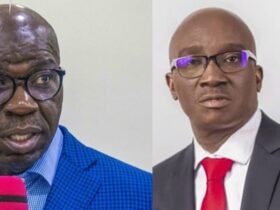The Federal Government announced it was taking into account the rising calls for the creation of an international anti-corruption court, calling it a paradigm shift in the way it approaches the fight against corruption on a worldwide scale.
The administration claimed that it was impossible to emphasize the damaging effects of corruption on Nigeria’s growth, stability, and prosperity.
This was stated in a speech given by Lateef Fagbemi (SAN), Attorney-General of the Federation and Minister of Justice, at the 33rd Anti-Corruption Situation Room, which was sponsored by Human and Environmental Development Agenda, also known as HEDA Resource Center, in partnership with Integrity Initiatives International.
Fagbemi was represented by Yusuf Abdullahi Abdulkadir, Deputy Director (Public Prosecution).
Yusuf said, “Nigeria, as a country that has been deeply affected by corruption, could benefit significantly from the establishment of an IACC. Such a court could provide a platform to address cases that involve individuals and assets located abroad, often tied to grand corruption schemes that have a devastating impact on Nigeria’s development efforts. It could serve as an additional tool to complement and strengthen the nation’s domestic anti-corruption efforts. The corrosive impact of corruption on Nigeria’s development, stability, and prosperity cannot be overstated.”
The AGF referred to graft as a cancer that knows no bounds, undermines confidence, weakens institutions, impedes economic growth, and perpetuates social injustice, while identifying corruption as a tremendous threat to the stability, advancement, and development of nations around the world in all of its manifestations.
Olanrewaju Suraj, the chairman of HEDA, bemoaned the fact that “many corrupt people are getting elevated to higher places.”
He also lamented vehemently on the fact that lots of leaders who are criminals or stand trial still retained positions in the system. “You can see ministers who are accused of corruption being returned to office. Some of them are becoming ministers, some governors are still standing trial, and ministers are now heads of agencies, and quite a number of them are currently at the federal and state levels,” he emphasized.








Leave a Reply